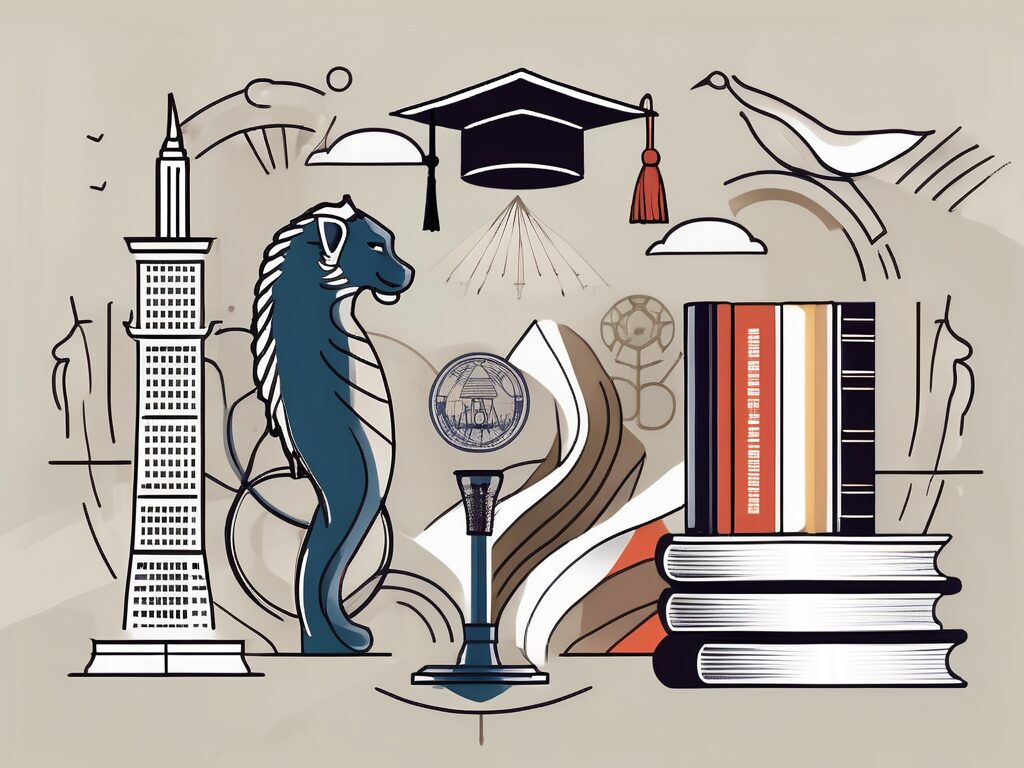Singapore’s education system is globally recognised for its excellence, consistently ranking among the top in international assessments. However, like any system, it is not without its challenges. This piece will delve into five key issues in Singapore’s education policies, providing an in-depth analysis of each.
1. Streaming and Tracking
What is Streaming and Tracking?
Streaming and tracking refer to the practice of grouping students based on their academic abilities. In Singapore, students are streamed into different educational tracks from as early as primary school, a policy that has been both lauded for its efficiency and criticised for its potential drawbacks.
The Pros and Cons
On the positive side, streaming allows for targeted teaching, catering to the different learning paces and styles of students. It’s a bit like having different lanes in a swimming pool, allowing swimmers of varying speeds to move at their own pace without hindering others. However, critics argue that this system may inadvertently create a sense of inequality among students, akin to labelling some lanes as ‘slow’ and others as ‘fast’.
2. High-Stakes Examinations
The Pressure Cooker Environment
Singapore’s education system is often characterised by its high-stakes examinations. These exams, such as the Primary School Leaving Examination (PSLE) and the GCE ‘O’ and ‘A’ Levels, are seen as critical milestones in a student’s academic journey. The pressure to perform well can be likened to a pressure cooker, with the heat turned up high as the exams approach.
Implications for Students
While these exams are designed to assess a student’s understanding and mastery of subjects, they can also lead to immense stress. It’s a bit like preparing for a marathon, where the focus becomes solely on the finish line, potentially overshadowing the learning journey. Furthermore, the high stakes nature of these exams may inadvertently encourage rote learning over critical thinking.
3. Emphasis on Academic Achievement
Academic Achievement as a Yardstick
In Singapore’s education system, academic achievement often serves as the primary yardstick for success. This emphasis on grades can be compared to a race, where the fastest runner is deemed the winner, potentially overlooking other skills and talents.
Shift Towards Holistic Education
However, there has been a gradual shift towards a more holistic approach to education. This is akin to recognising not just the fastest runner, but also those who show sportsmanship, resilience, and other valuable qualities. The challenge lies in striking a balance between academic rigour and holistic development.
4. Inequality in Education
The Gap Between Schools
Despite efforts to ensure equal opportunities for all students, there remains a perceived gap between different schools in Singapore. This is somewhat like having different brands of running shoes; while all serve the same basic function, some are perceived as superior to others.
Addressing the Inequality
The government has implemented various measures to address this issue, such as the Every School is a Good School initiative. However, eradicating perceived inequality is a complex task, much like trying to convince everyone that all running shoes are equally good.
5. Mother Tongue Language Policy
The Bilingual Policy
Singapore’s bilingual policy requires students to study English and their respective mother tongue language. This is like being asked to be proficient in both swimming and cycling, two very different skills.
Challenges and Controversies
While the policy aims to preserve cultural heritage and promote bilingualism, it has also been a source of stress for students. It’s akin to training for a triathlon, where one has to juggle multiple disciplines. Furthermore, the definition and implementation of the mother tongue language policy have sparked debates and controversies.
In conclusion, while Singapore’s education policies have contributed to its success, they also present various challenges. As the education landscape continues to evolve, it is crucial to continually review and refine these policies, ensuring they serve the best interests of all students.
Empower Your Teaching Career with IPGCE
As Singapore continues to refine its education policies, the role of educators becomes ever more pivotal. If you’re inspired to elevate your teaching credentials and overcome the barriers to international education, IPGCE is your gateway to success. Join the UK’s #1 Teacher Training Course and experience a surge in interview callbacks, promotion rates, and salary. Connect with a global network of professionals, gain a profound understanding of international curricula, and enjoy the flexibility of balancing professional development with your career. Don’t let stringent qualifications or isolation impede your progress. Embrace the opportunity to thrive in the global education landscape. Join the UK’s #1 Teacher Training Course today and transform your educational journey.

